Realizing Children’s Rights in Eritrea
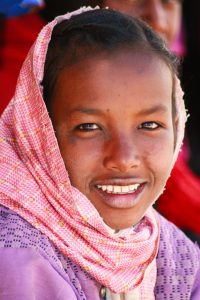
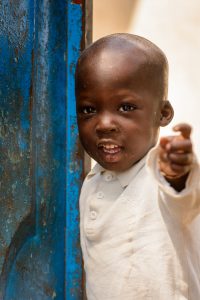
It is clear that Eritrean youth live in extremely difficult conditions and that Eritrea does not respect international conventions such as the International Convention on the Rights of the Child. Very few children are able to enjoy all of their rights. Even though access to information has progressed, Eritrea continues to be a country where it is difficult to get up-to-date statistics, it is difficult for both international health professionals, academics and NGOs. However, there have been great improvements on the health, education and access for foreigners or experts.

Children’s Rights Index: 4,22 / 10
Black level : Very serious situation
Population: 6,23 million
Pop. ages 0-14: 41,7 %
Life expectancy: 62,9 years
Under-5 mortality rate: 34 ‰
Eritrea at a Glance
The difficult position in Eritrea, Africa is complicated and is also due to its recent independence. The country gained its independence in 1993. It was part of the Federation of Ethiopia from 1952 and 1962 when it became a province. War then declared in the 1970s brought the country independence and more recently brought peace along its borders. It is within this difficult context that child rights in this country must be understood and analysed.
Status of Children Rights
Poverty
In Eritrea, one in every two people live below the poverty line. The Gross National Income (GNI) is one of the lowest in the world. That is, that on average an Eritrean earns 100 times less than the average Spaniard. The Gross National Income of Eritrea is on the rise, but unfortunately it continues to be much lower than in other Sub-Saharan countries
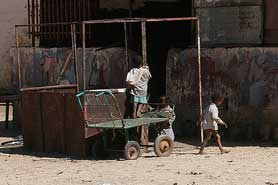
Children are the most vulnerable. Their well-being is thoroughly compromised because of the economic situation.
Child poverty is also directly related to questions of environmental management and natural phenomena, like floods. In 2004, UNICEF warned that around 425,000 children under 14 were affected by poor nutrition, leaving hundreds of thousands of children in extreme poverty due to flooding and conflict with Ethiopia.
Abuse
In Eritrea, only corporal punishment of children under 15 and which seriously endanger their physical and mental health are illegal. According to the UN, “reasonable” punishments are no longer considered an excuse for official punishments, but violence against minors, including girls is frequent, both domestic sexual abuse and in educational institutions. Violence is thoroughly accepted and practised by the population. The families are not always aware that such punishment affects the child’s health, as well as its dignity.
There are no policies or activities in the country that deal with all forms of violence against minors.
On the other hand, police and soldiers are sometimes also perpetrators of inhuman and degrading abuse against children. For example, many children are abused and cruelly tortured by the authorities. Minors who have tried to emigrate or seek asylum in other countries and return to Eritrea are faced with torture and detention. In detention centres, authorities commit cruel and demeaning acts.
Human trafficking and modern slavery
The UN Commission on Children’s Rights notes in its conclusion that due to the large number of people leaving the country, are unaccompanied minors, many of whom are at risk of trafficking and kidnapping.
Officials from the military are involved in human trafficking, including the traffick of minors. This information is also confirmed by the US State Department in its annual report Trafficking in Persons Report.
Right to health
Some recent efforts were successful and improved Eritrean children’s health. Nevertheless, the situation is still deplorable, particularly the figures, such as infant mortality rate which has risen to 55%. Children’s lives are often at risk: disease, lack of vaccination, poor hygiene…
Medical infrastructure is essentially centred on urban zones, which restrict considerably citizens’ access to health of children living in rural areas.
Only 5% of Eritrean have access to improved healthcare. Thus, there is poor hygiene in most towns: there is no sanitation, clean places to bathe nor soap.
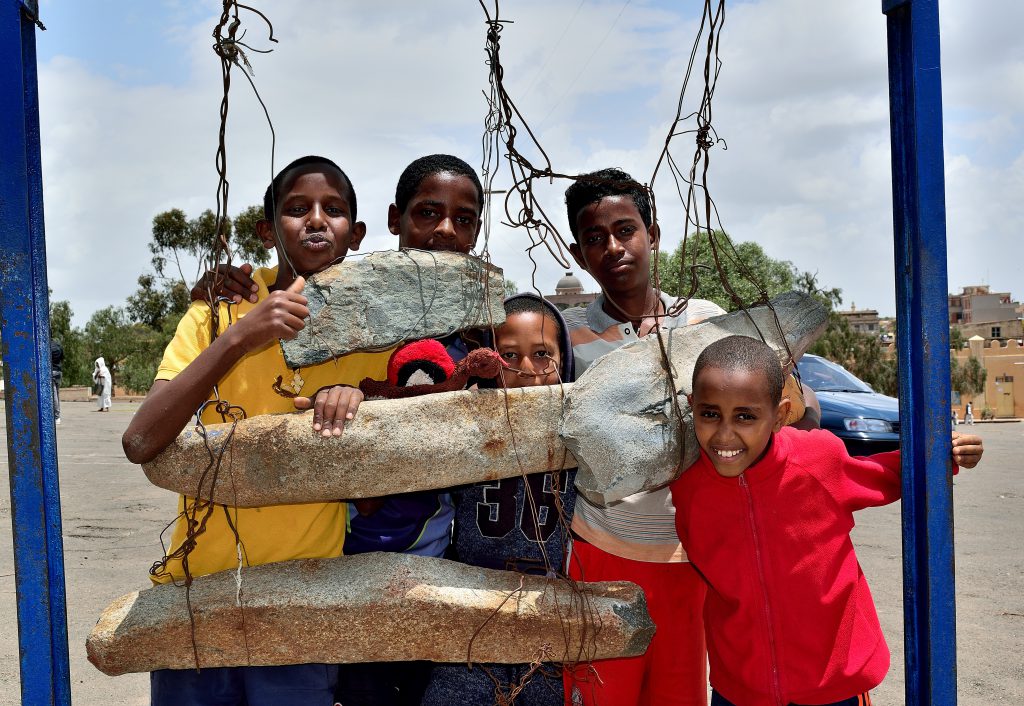
Important improvements have been documented. Rural areas the number of vaccinated children has increased considerably from 40.7% to 78.5%. There has been a considerable reduction in infant mortality between 1992 and 2002, according to the latest statistics available.
Since 2014, there has been much progress to protect and promote the rights of children with disabilities. On the other hand, Eritrea has not done a statistical count of children with disability, nor on if they can or do attend classes.
AIDS
The rate of AIDS in Eritrea is cause for great concern. Indeed, the number of people with AIDS is constantly on the rise. In addition, better prevention and awareness for children about this virus would prevent it from spreading. On the other hand, there is little responsibility and education among people who have contracted the disease, despite recent progress.
Besides affecting children’s physical health, AIDS, itself, also has an impact on their lives in general. For example, many children become orphans because of AIDS, after their parents die. Their view of the future is darkened in a very tragic way.
The help offered to orphans and their relatives who have contracted AIDS has been reduced according to the UN.
Street children without parental protection
In Eritrea, more and more children live in the streets. These children are vulnerable because of human traffickers and they are often prone to becoming victims of human trafficking and prostitution.
To escape their reality, youth living on the street often smoke marijuana, drink alcohol or inhale gasoline. These very difficult living conditions unfortunately have a negative impact on their physical, psychosocial, cultural and economic development.
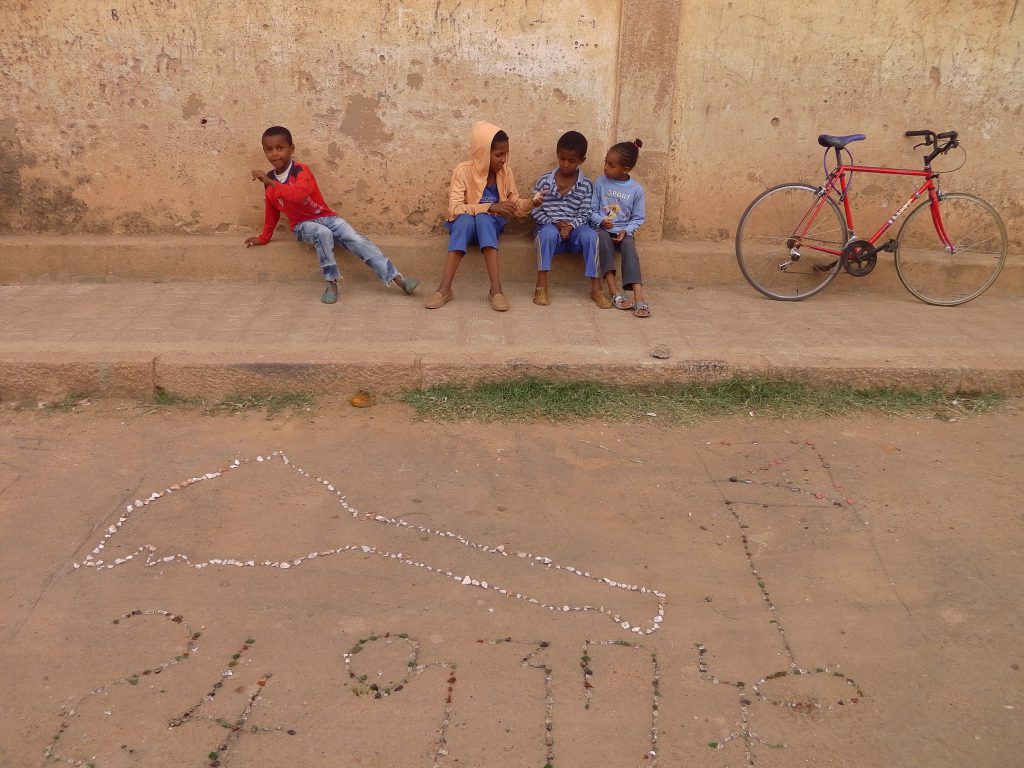
Eritrea has made efforts for orphans to live with family, such as with other relatives besides their parents, but also to be adopted within special establishments in the community and in orphanages most children who benefit from orphanages are disabled children.
There are no programmes for children who are not orphans, but for some reason, their biological parents cannot take care of them.
The right to identity
The right to nationality in Eritrea depends on a Constitutional law from 1997 which states that every person born of an Eritrean father or mother will have Eritrean nationality. The law which regulates nationality originates in the independence in 1992, the Eritrean Nationality Proclamation No.21/1992. The committee on Children’s Rights declared its concern on the low number of births being registered and the condition of ethnic minorities in the country.
Despite the efforts taken on the subject, the right to identity is not guaranteed to all children, particularly Ethiopian children. The birth register and nationality grant the child judicial capacities; this means that, for children without such identity, will not be officially recognised as members of the society and their rights will not be valued.
The right to education
After acquiring independence, the number of schools increased and new schools were created. Primary school for minors between 6 and 10 years is attended by 81% of children. Public education is inconsistent across the country. Globally 27.7% of Eritrean children do not attend school.
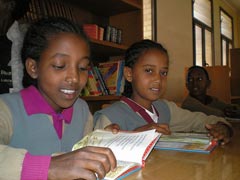
With a rate of only 39%, children living in rural areas especially face difficulties accessing education. They must sometimes walk a number of kilometres on foot in sweltering heat to attend classes. On the other hand, many families are nomadic, which limits their children’s access to education.
The resources available to the educational system are very few: manual, establishments, hygiene are very old and sometimes non-existent.
Eritrean families generally refuse for their daughters to go to school. In these situations, the girls’ futures are already determined – they will marry very young and will lose the opportunity to go to school.
Genital mutilation
In 2007, the government of Eritrea officially declared a ban (158/2007) on excisions. Excision is decreasing according to figures from 1995, the number of excisions on children and women has dropped from 95% in 1995 to 89% in 2002 and then 83% in 2010. Studies show that the number could be even lower.
Statistics in 2014 showed a decline in numbers in a study on 112 towns where 18% of girls under 15 were victims of this practice.
The scarcity and lack of hygiene where these excisions take place often lead to serious consequences on the girls’ health. Frequently, these activities lead to infections, haemorrhaging or other problems.
Child marriage
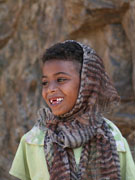
Since 2016, Eritrea has launched a campaign to end child marriage which primarily affects girls. This campaign was brought about the African Union to end child marriage. In Eritrea 41% of girls are married before 18.
This phenomenon is no necessarily due to state laws but common laws which reduce the minimum to 13 years in some cases, but the reality is that common laws do not establish a specific age, it is essentially based on physical conditions, ceremonial customs and economic factors. On the other hand, the number of children who were married young is constantly growing in the country.
The Eritrean civil code (Article 581 and 329) stipulates that the legal age to get married is 18. Declaration 1/1991 from the GoSE specifies that every marriage before 18 is null and that married couples and witnesses must be punished by the Penal Code (Article 614 and Article 158/2007).
Child marriages have negative repercussions on their health, development and the full exercise of their rights. When married young, young girls are restricted in their social interactions because they tend to abandon their schooling. In addition, they risk early pregnancy which may be fatal or very dangerous for their health.
Written by Adrian Lakrichi
Translated by Alexandria Harris
References:
Knoema, Érythrée – Taux net de scolarisation, (2015), accessed on 02/02/2020.
UNICEF, Overview : Basic Education, (2015), accessed on 02/02/20
Refworld, 2018 Trafficking in Persons Report – Eritrea, (2018), accessed on 02/02/20.
Unicef, UNICEF report reveals hardship for children in Eritrea¸ (2012), accessed on 02/02/2020.
World bank, The World Bank in Eritrea, (2019), accessed on 02/02/2020.

